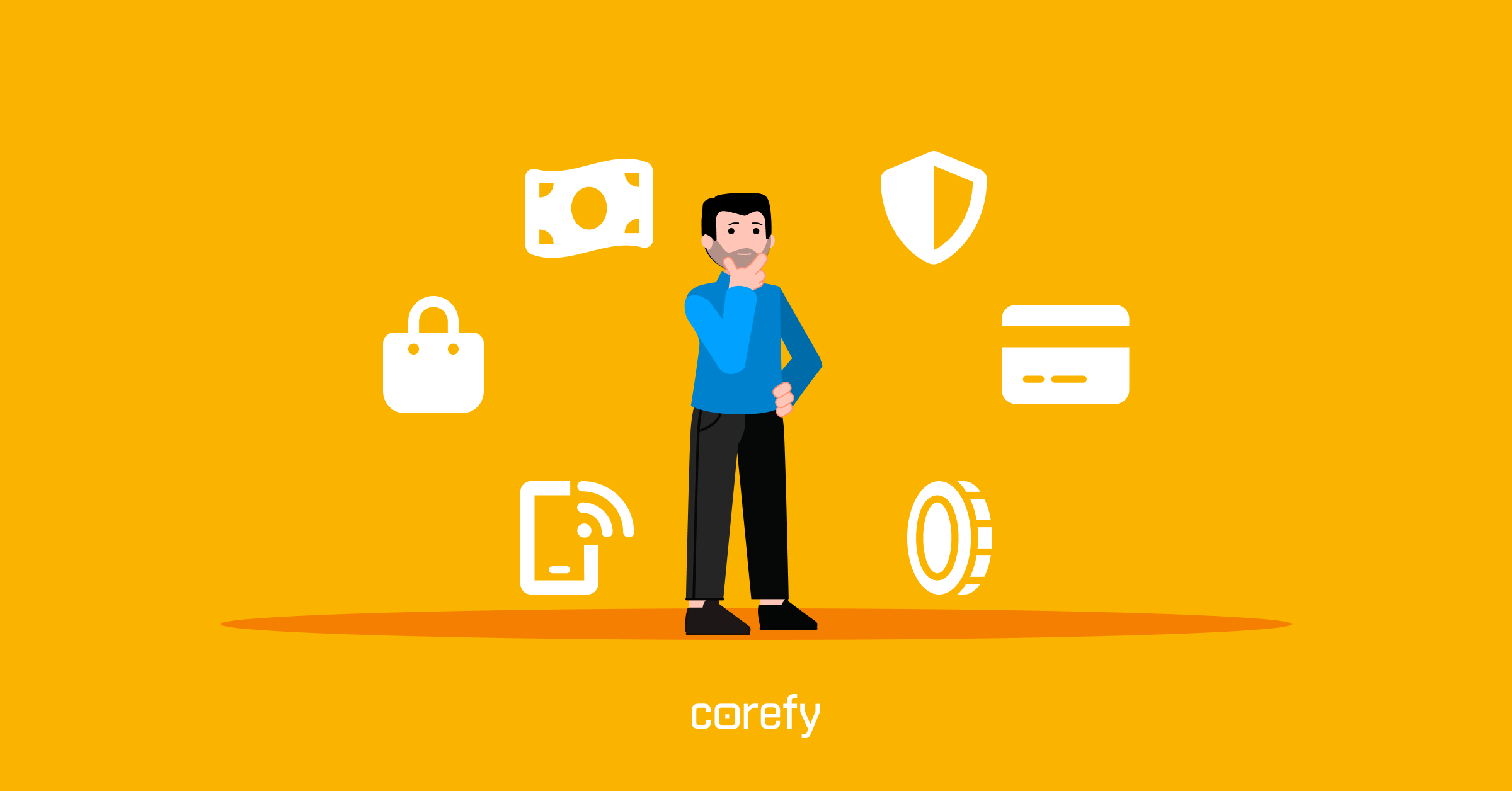Payment orchestration platforms and 8 common myths about their performance


Can you imagine a website selling goods or services where you can’t pay for your purchase online? Well, such a store might exist, but it’s extremely inconvenient and will hardly ever have large sales. Cooperation with a payment orchestration platform is the essential cogwheel in the process of selling and buying online. It’s obvious that you should pay due attention to choosing a payment gateway provider for your business.
One should consider a range of details while choosing a payment orchestration platform to accept online payments. And there are also some points of friction that might confuse you. So, let’s put things straight.
First of all, it would be great to answer another question: what is payment orchestration? Payment orchestration is a set of smart tools and activities that help monitor and manage transaction flows. The implementation of it increases the payment discipline, transparency of operations, and strengthens internal control.
There is a list of benefits on behalf of working with a payment orchestration platform. And before we dive into the controversial points, let’s highlight the essential features. An advanced and reliable payment orchestration solution should have the following features:
These key points help define a worthy partner to entrust your sensitive transaction process.
Let’s ensure you know what payment orchestration platforms do or don’t. Here's the list of the most widespread confusing points to better understand and facilitate your choice of a partner.
This misconception is one of the most widespread. Sure, each platform deals with the money somehow, but none of them holds onto the funds. Their primary task is to gather certain data, securely store it, and communicate it with banks. So, payment orchestration platforms interact with the data but not with the money itself.
Sometimes people don’t differentiate them. But as a rule, these fees differ. Credit cards are usually charged with higher fees than debit cards. There are several factors for this, but the predominant one is risk prevention. This leads to lower rates for debit cards in most businesses.
Of course, it would be really convenient — no need to research before choosing one for your business. But it’s quite far from the truth. All payment gateways do have one thing in common — they process transactions. But the way they do it and a range of other features may differ. All payment platform solutions differ in capabilities and additional services they provide. It’s important to choose one that suits your type and size of business best.
Being locked in is not just a misconception but merchants' real fear. Things are not as bad, and most platforms allow you to switch vendors in case of need. Or there is one more option for merchants. They can find a payment orchestration platform willing to buy out their contract.
'Low rates' — sounds good, but is it as good in reality? It might be a good deal, but this point is not as important as the level of service quality you get for this price. Pay attention to the capabilities and features of the solution you choose, not only its cost. It’s always better to consider the whole picture of the package you get.
This is definitely not the situation 'the bigger — the better'. The size of the solution you want to choose not always means the high quality of its services and infrastructure. Sometimes small platforms fit your online business perfectly and offer lower rates than large corporations.
The safety of sensitive private data is their direct responsibility. The security and compliance of a payment gateway you choose is an essential point. You should pay special attention to it while choosing. As a rule, a payment solution that processes transactions uses anti-fraud filters, encryption, tokenisation, and masking to securely communicate and store the data.
Be sure you know all the details about the pricing of the payment platform you decided to work with. Quite often, the pricing may be tiered and not beneficial for your type and size of business.
No doubt, payment orchestration platforms are elaborate financial mechanisms that perform crucial tasks and deal with private data. It would help if you considered your options thoroughly before picking the right one. Go over our recommendations to make a wise and informed decision.
Corefy is a payment orchestration platform suitable for different business sizes and needs. Contact our team to know all the details about our solution. We are ready to help you choose the best option for your project.